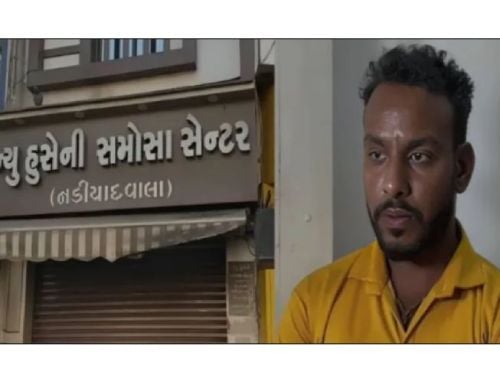
In a bid to revive to the usage of India’s ancient cultural language Sanskrit, the Uttarakhand government has decided to make Sanskrit a mandatory subject for students from class 3-8 across all schools in the state.
According to reports, the announcement to this effect was made by the minister for school education after a meeting with his department officials on Tuesday. The Uttarakhand government announced that it will make Sanskrit education compulsory from Class 3 to 8 in both government and private schools of the state.
Sanskrit is the second official language of the hill state and according to the government, the step will help promote language’s popularity. Uttarakhand was the first state in the country to declare Sanskrit one of its official language.
Sanskrit is already taught compulsorily from class 3 till class 12 in Uttarakhand government schools. Sanskrit is Uttarakhand’s second state language. While this status was also one of the reasons behind the move, school education minister Arvind Pandey said it will enable students to learn and follow the teachings of Gita. He added that it will bring positivity and help them fight depression.
“Another reason for making Sanskrit compulsory is that children in this age of technology get depressed from a very early age. By learning the teachings of Geeta as part of the subject, the morale of the younger generation will be boosted and they can use these teachings in later phases of life too,” said Pandey.
Reportedly, the minister further said that the decision is a tribute to Prime Minister Narendra Modi on his birthday. “Prime Minister Modi has been advocating the promotion of Sanskrit around the world. Our decision is a tribute to his efforts,” said minister Pandey.
Earlier, private school students in the state had Sanskrit as one of the optional languages from class 3-8, or otherwise, as per the norms of the board followed, Sanskrit was taught from class 6 onwards.
Pandey stated that the order will be implemented from the next academic year and schools will be notified with plenty of time in hand so they are better equipped to implement the order. Apart from this, Sanskrit Vidyalayas operational in the school will have a new revised syllabus. The government has also has a proposal to start nine more Vidyalayas.
Uttarakhand has been trying to revive Indic cultural values through its government policies and programmes. The education department had recently asked the teachers in government schools to sing Sanskrit poems to make it easy for the children to grasp. Chief Minister Trivendra Singh Rawat, last month launched a CD of the Sanskrit poems in the song form.
Last year, the Uttarakhand government had decided to instruct all the 18,000 government-run schools covering 12 lakh students to chant the ‘Bhojan Mantra’ (a mantra for food) before having mid-day meals.
In a similar attempt, the Uttar Pradesh government in February 2019, while presenting the state budget had given special emphasis on promoting the Sanskrit language. It had allocated Rs 242 crores for grants to Sanskrit Pathshalas in the state. Another 30 crores had been allotted to provide a grant to aided Sanskrit schools and degree colleges.
Source : OpIndia

 Pakistan: Ancient Hindu temple in Khyber Pakhtunkhwa demolished for commercial complex
Pakistan: Ancient Hindu temple in Khyber Pakhtunkhwa demolished for commercial complex Rameshwaram cafe blast: NIA arrests bomber Mussavir and mastermind Abdul
Rameshwaram cafe blast: NIA arrests bomber Mussavir and mastermind Abdul UK: Over 50 children were sexually abused by paedophile catholic monks for decades
UK: Over 50 children were sexually abused by paedophile catholic monks for decades Vadodara: Beef supplier Imran Qureshi arrested in beef-stuffed samosa case
Vadodara: Beef supplier Imran Qureshi arrested in beef-stuffed samosa case Srinagar: Hindu youth coerced into converting to Islam and made to read Kalma
Srinagar: Hindu youth coerced into converting to Islam and made to read Kalma Chhattisgarh: Ishtiaq Khan and Inzamamul kidnapped two minor Hindu girls, arrested
Chhattisgarh: Ishtiaq Khan and Inzamamul kidnapped two minor Hindu girls, arrested